The Ultimate Guide To Roselle Companion Planting
The Ultimate Guide to Roselle Companion Planting
Roselle, also known as hibiscus sabdariffa, is a tropical plant that is grown for its edible calyces (the sepals that surround the flower). The calyces can be used to make a refreshing drink, tea, or jelly. Roselle is also a beautiful plant that can add color and interest to any garden.
One of the best ways to grow healthy and productive roselle plants is to practice companion planting. Companion planting is the practice of planting different types of plants together in a way that benefits each other. There are many different companion planting combinations that can be used with roselle, but some of the most effective include:
- Beans: Beans fix nitrogen in the soil, which can help to improve the growth of roselle plants.
- Carrots: Carrots help to repel pests that can damage roselle plants.
- Cucumbers: Cucumbers help to shade the roots of roselle plants, which can help to prevent them from drying out.
- Eggplant: Eggplant helps to repel pests that can damage roselle plants.
- Melons: Melons help to attract pollinators, which can help to improve the pollination of roselle flowers.
- Okra: Okra helps to improve the drainage of soil, which can help to prevent roselle plants from getting root rot.
- Peas: Peas fix nitrogen in the soil, which can help to improve the growth of roselle plants.
- Potatoes: Potatoes help to repel pests that can damage roselle plants.
- Squash: Squash helps to shade the roots of roselle plants, which can help to prevent them from drying out.
When choosing companion plants for roselle, it is important to consider the needs of both plants. For example, roselle plants need full sun, so you will want to choose companion plants that also thrive in full sun. You will also want to consider the size of the plants. Roselle plants can grow quite large, so you will want to choose companion plants that are not too aggressive.
In addition to choosing the right companion plants, there are a few other things you can do to help your roselle plants thrive. First, plant them in well-drained soil. Roselle plants are susceptible to root rot, so it is important to make sure that their roots have plenty of air circulation. Second, water them regularly, especially during hot, dry weather. Third, fertilize them every few weeks with a balanced fertilizer.
With a little care and attention, you can grow healthy and productive roselle plants that will provide you with delicious and refreshing fruits for years to come.
Roselle is a beautiful and versatile plant that can be grown in many different climates. It is also a great companion plant for other vegetables and herbs. Some of the best roselle companion plants include:
- Basil: Basil is a great companion plant for roselle because it helps to repel pests and diseases. It also helps to improve the flavor of the roselle flowers. Gardenia Inspiration
- Amaranth: Amaranth is another great companion plant for roselle. It helps to improve the soil quality and provides nitrogen for the roselle plant.
- Mints: Mints are also good companion plants for roselle. They help to deter pests and diseases, and they also help to improve the flavor of the roselle flowers.
- Melons: Melons can be grown under the shade of roselle plants. This helps to protect the melons from the sun and also provides them with some extra moisture.
- Cucumbers: Cucumbers can also be grown under the shade of roselle plants. They benefit from the same protection and moisture as melons.
If you are interested in learning more about roselle companion plants, I recommend visiting Gardenia Inspiration. This website has a wealth of information on the topic, including a list of the best companion plants for roselle, as well as tips on how to grow and care for them.
FAQ of roselle companion plants
- What are some good companion plants for roselle?
Roselle plants can benefit from being planted near other plants that attract pollinators, such as sunflowers, marigolds, and lavender. They can also benefit from being planted near plants that help to repel pests, such as basil, mint, and rosemary.
Here are some specific examples of good companion plants for roselle:
- Sunflowers: Sunflowers are tall plants that attract pollinators, such as bees and butterflies. They can help to pollinate the roselle flowers, which will lead to a better harvest.
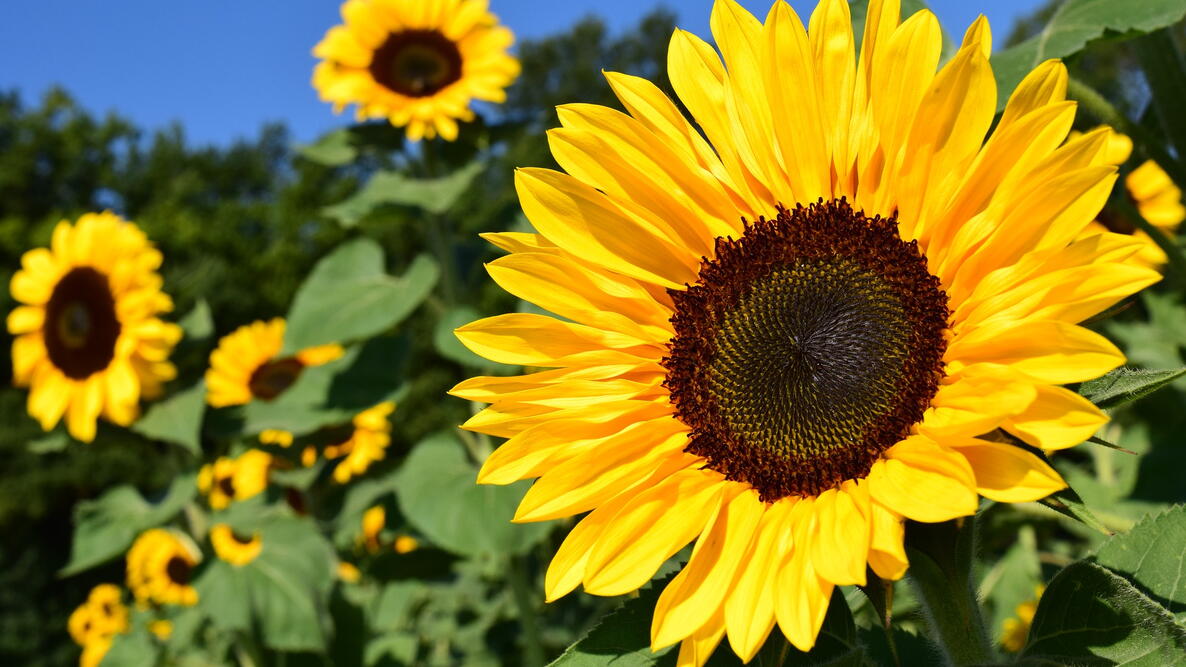
- Marigolds: Marigolds are also known for attracting pollinators. They have a strong scent that some pests find unpleasant, which can help to deter them from the roselle plants.
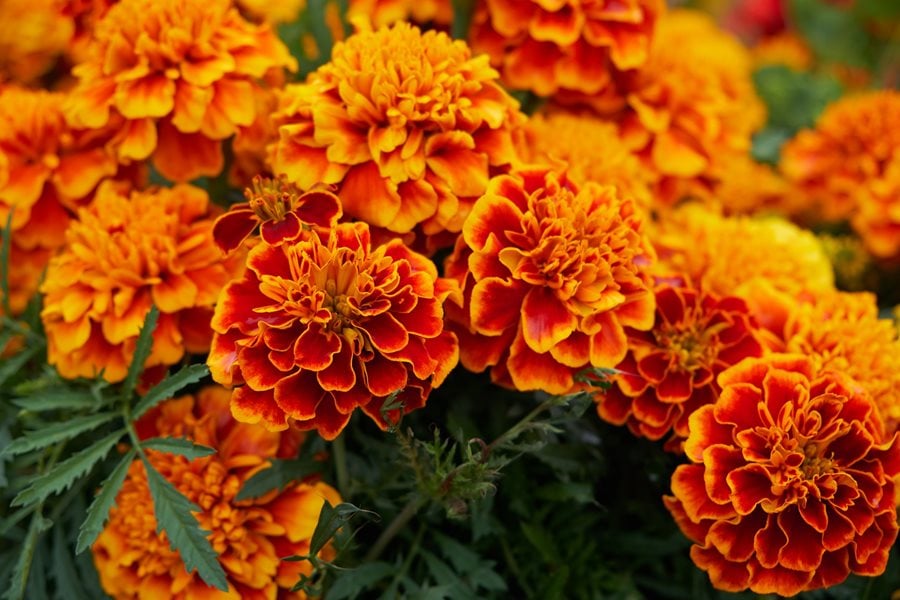
- Lavender: Lavender is another plant that has a strong scent that can deter pests. It is also a good choice for companion planting because it can help to improve the soil quality.

- Basil: Basil is a known pest repellent. It can help to keep away insects such as mosquitoes, flies, and aphids.

- Mint: Mint is another plant that can help to repel pests. It is also a good choice for companion planting because it can help to improve the drainage of the soil.
- Rosemary: Rosemary is a good choice for companion planting because it can help to improve the flavor of the roselle leaves. It is also a drought-tolerant plant, which can be helpful if the roselle plants are not getting enough water.
- What are some plants that should not be planted near roselle?
Some plants that should not be planted near roselle include tomatoes, potatoes, and eggplants. These plants are all susceptible to the same diseases, so planting them near each other can increase the risk of disease transmission.
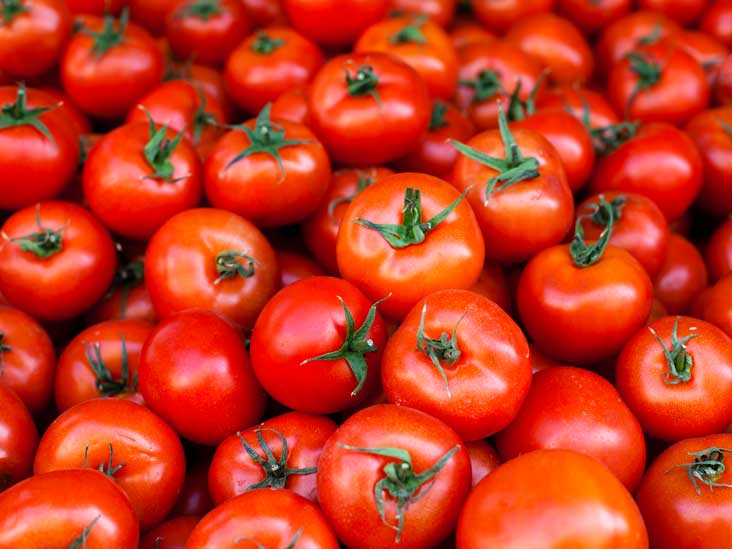
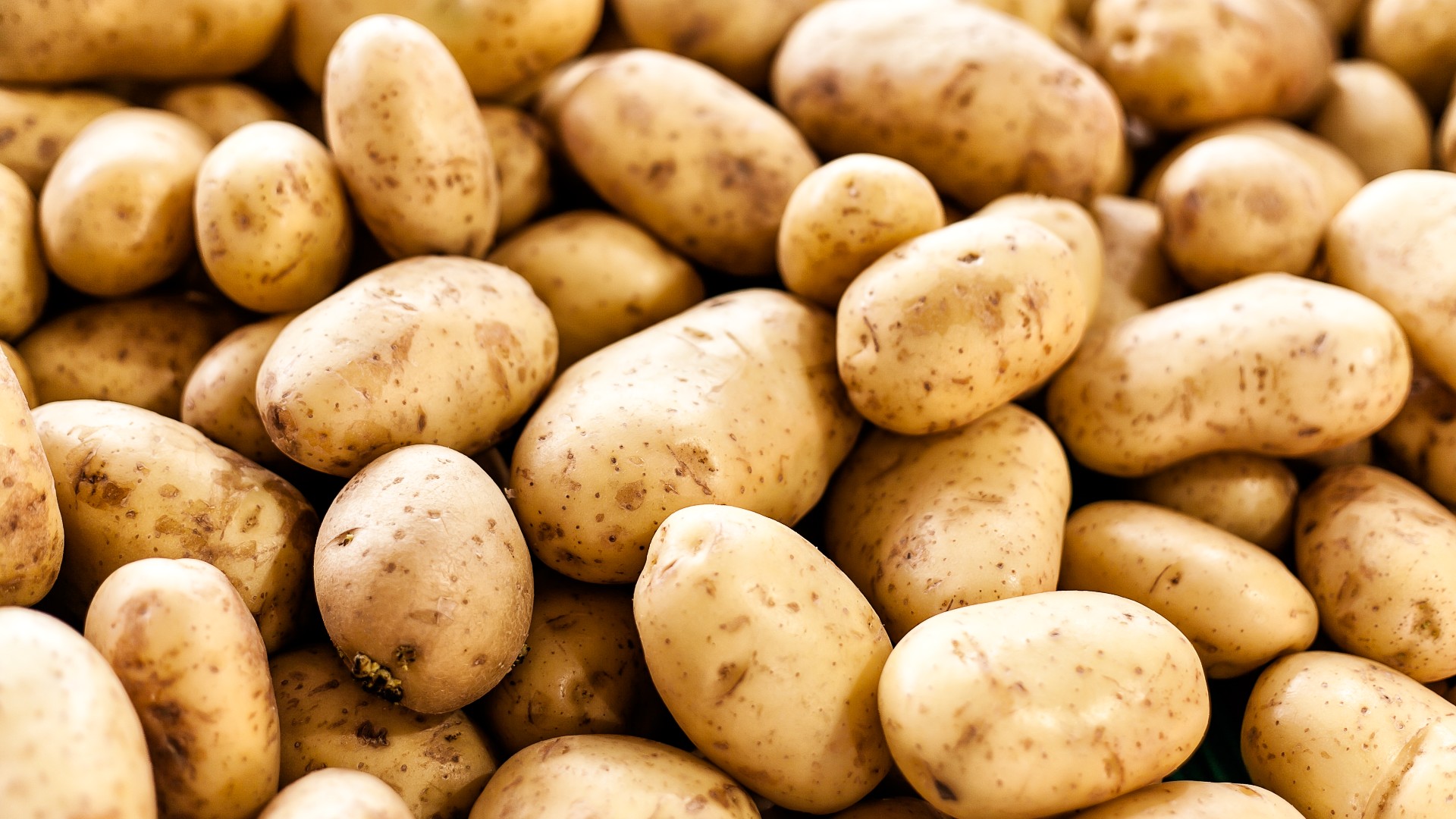
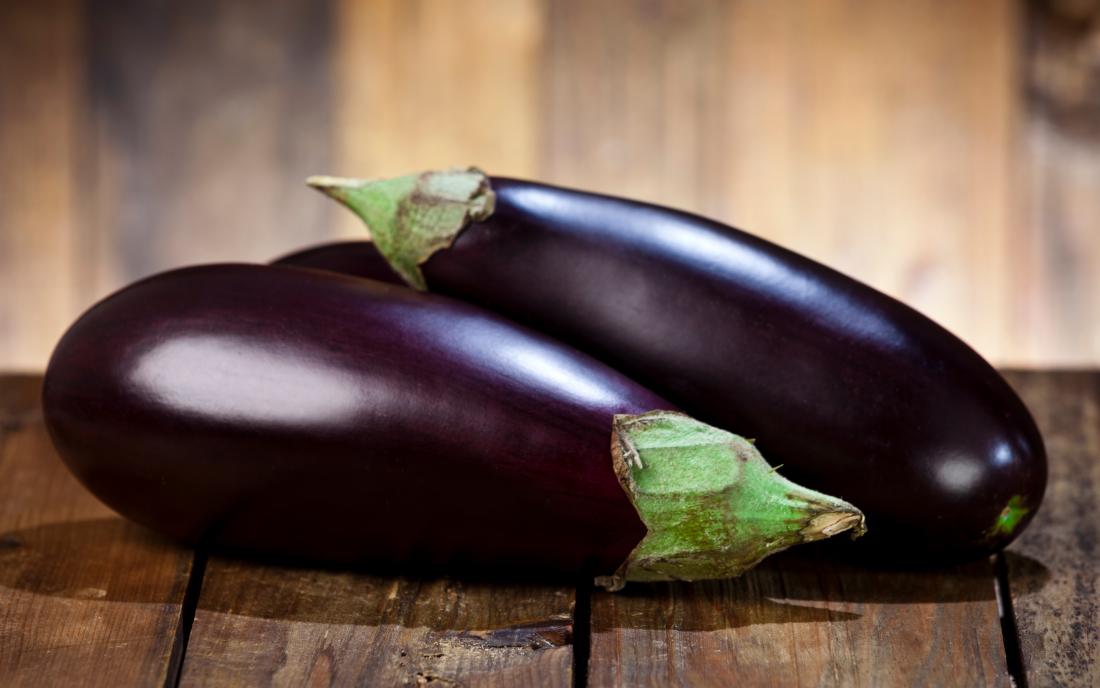
- How far apart should roselle plants be planted?
Roselle plants should be planted about 3 feet apart. This will give them enough space to grow and spread.
- When should roselle plants be watered?
Roselle plants need to be watered regularly, especially during hot, dry weather. The soil should be kept moist, but not soggy.
- What is the best fertilizer for roselle plants?
A balanced fertilizer, such as a 10-10-10 NPK fertilizer, works well for roselle plants. You can also use natural fertilizers, such as blood meal or worm castings.
Post a Comment for "The Ultimate Guide To Roselle Companion Planting"